Are you interested in exploring historic homes? Here are the must-see historic houses in Basque Country:
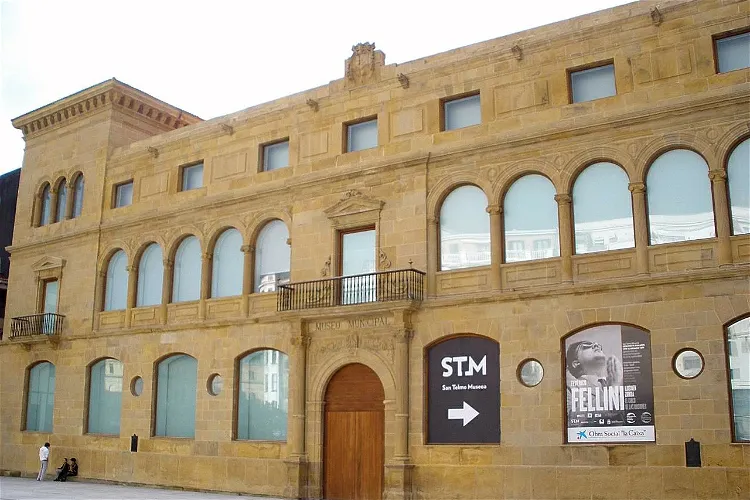
San Telmo Museum
San SebastiánThe San Telmo Museum is situated in a prime location in San Sebastián, Spain. It is nestled on the plaza de Zuloaga, adjacent to the scenic Mount Urgull. This location not only offers easy access to the museum but also provides visitors with stunning views of the surrounding landscape.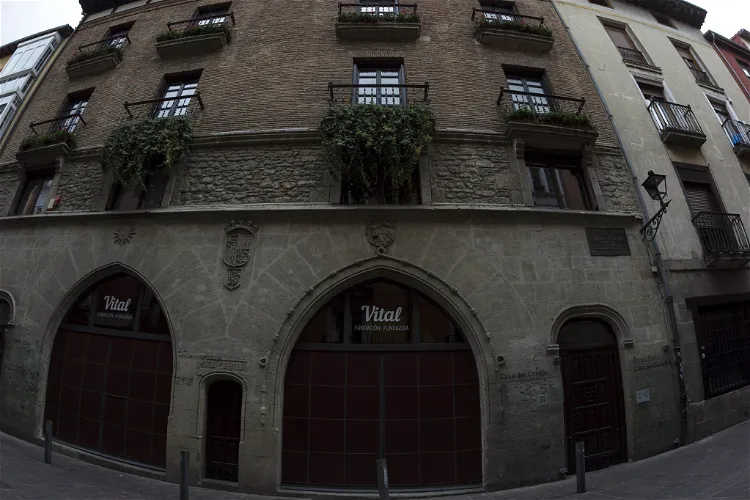
House of Cordón
Vitoria-GasteizThe Casa del Cordón is a significant historical building located in the Cuchillería street of the Old Quarter in Vitoria-Gasteiz, in the province of Alava, Basque Country, Spain. This monumental house or palace is a notable example of civil Gothic architecture and has been a residence for illustrious figures of its time.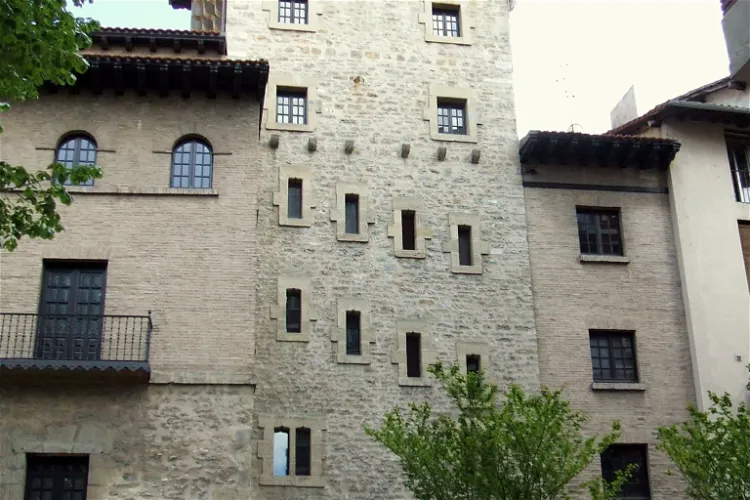
Museum of Natural Sciences of Álava
Vitoria-GasteizThe Museum of Natural Sciences of Álava (MCNA) is housed in the Torre de Doña Ochanda, a medieval defensive building in the city of Vitoria, Basque Country, Spain. This historic building, which once served as a stronghold in the 15th century, adds a unique historical charm to the museum experience.
Salazar Tower
PortugaleteThe Salazar Tower, a 14th-century house tower, is a significant historical site in Portugalete, Vizcaya. Constructed around 1380, the tower is a testament to the architectural prowess of the era. Its masonry construction has stood the test of time, making it a fascinating destination for those interested in history and architecture.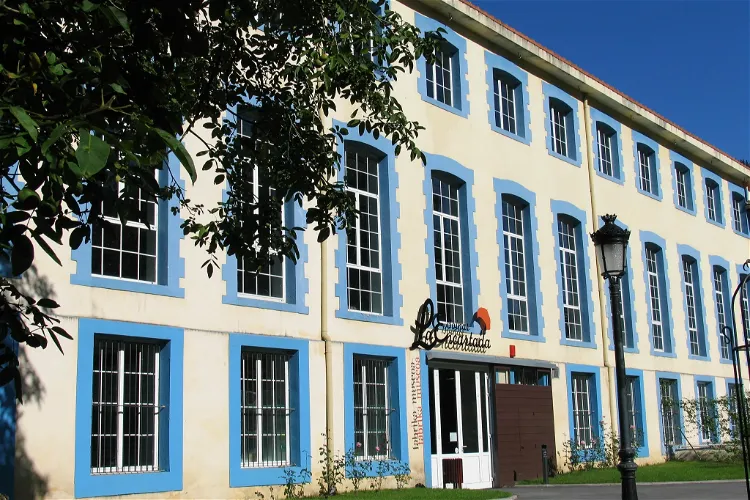
La Encartada Factory-Museum
ValmasedaLa Encartada Factory-Museum, located in the town of Valmaseda, was originally a beret factory that operated from 1892 to 1992. The factory has been converted into a museum and has been recognized as a cultural asset since 2002. This historical site offers a unique glimpse into the industrial past of the region.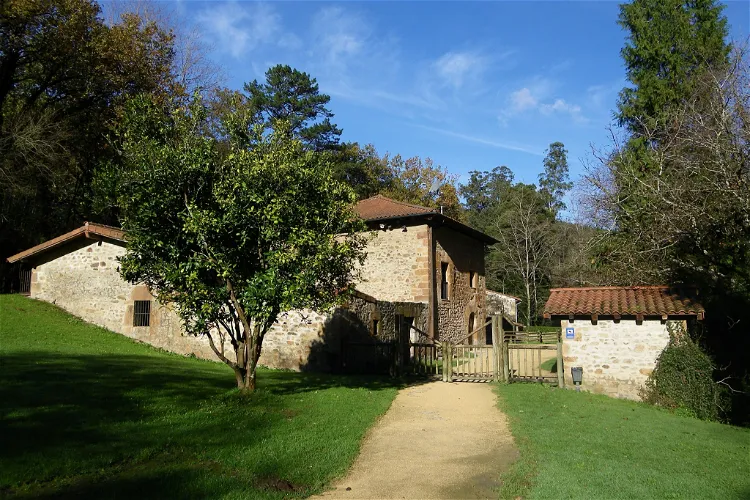
Ferrería El Pobal
MusquesThe Monumental Complex of La Ferrería de El Pobal is a comprehensive showcase of historical architecture and industrial facilities. It includes a 16th-century House-Tower in late Gothic style, a mill, a canal, a hydraulic tunnel, and a workshop equipped with a hammer, anvil, and foundry furnace. Additionally, there are offices, a forge, coal storage, warehouses, stables, two bread ovens, and an old bridge. The surroundings feature a small bamboo forest, adding a touch of natural beauty to the historical site.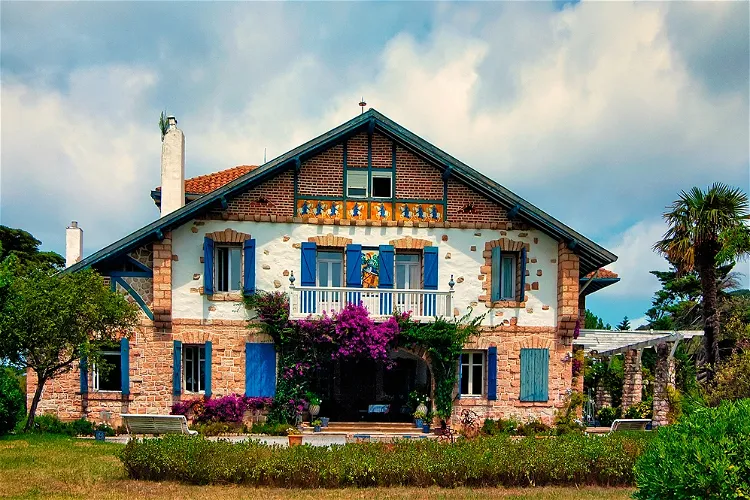
Zuloaga's House-Museum
ZumayaThe Ignacio Zuloaga Museum is a unique destination for art lovers. Located within the historic Pedraza Castle in the province of Segovia, Castilla y León, the museum is dedicated to the works of the renowned Basque painter Ignacio Zuloaga. Visitors can explore the rich collection of Zuloaga's works, gaining insight into his artistic journey and the cultural context in which he created his masterpieces.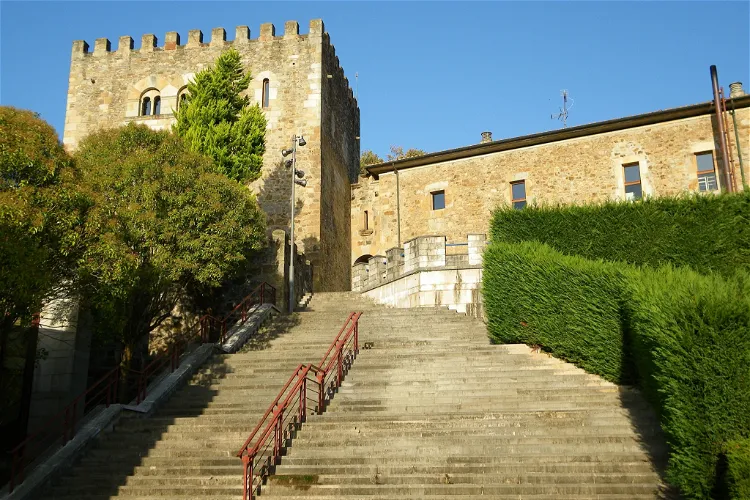
Museo de las Encartaciones
SopuertaThe Museo de Las Encartaciones, previously known as Casa de Juntas d’Avellaneda, is situated in the former assembly house of Avellaneda, also referred to as the Palace of Councils of Avellaneda. This historic building has been a significant part of the region's political history, serving as a meeting place for representatives of the Valleys and Councils of Encartaciones to discuss regional political matters.
Caserío-Museo Igartubeiti
Ezquioga-IchasoThe Caserío-Museo Igartubeiti is a unique museum space located in the Guipuzcoan locality of Ezkio, in the Basque Country, Spain. It comprises of the homestead of the same name and an Interpretation Center. This museum complex is centered around the Igartubeiti farmhouse and its constructive and functional characteristics, providing a deep insight into the rural Basque lifestyle and the cider production process.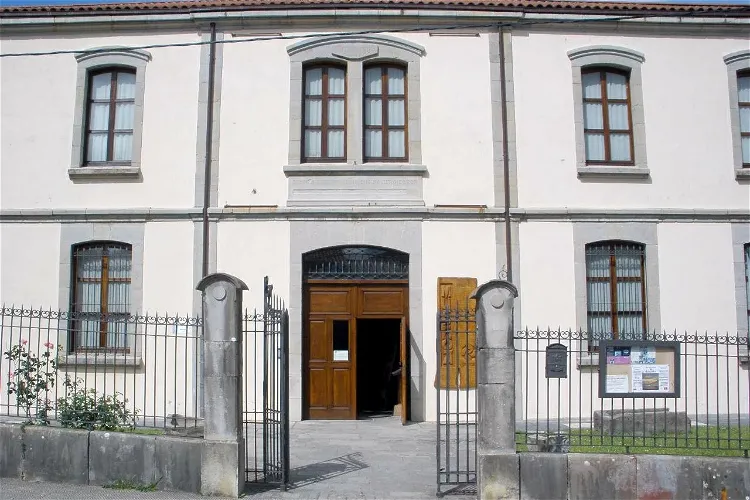
Artziniega’s Ethnographic Museum
ArceniegaThe Artziniega Ethnographic Museum, situated in the town of Arceniega in the province of Alava, was initiated in 1977 by a group of young individuals who organized an exhibition of antique objects. This event was a success and served as a stimulus for the systematic collection of items related to the trades known in the Arceniega area and its region, with the idea of preparing a permanent exhibition.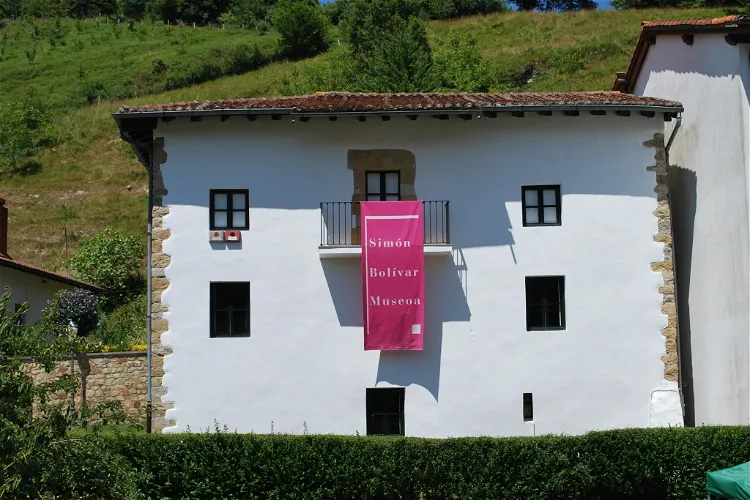
Simon Bolivar Museum
Ziortza-BolibarThe Simon Bolivar Museum is situated in the town of Cenarruza-Puebla de Bolivar, which is known to be the ancestral home of the Liberator Simon Bolivar. The museum is located on a farm named Errementarikua, which is conveniently located next to the Camino de Santiago.- 12
Museo del Agua de Sobrón
La PresaThe Museo del Agua de Sobrón, also known as the Regional Interpretation Center of the Cuadrilla de Añana, is situated in the Alavés council of Sobrón, which is part of the municipality of Lantarón. This location is significant as it provides a unique cultural and historical context to the museum and its exhibits.